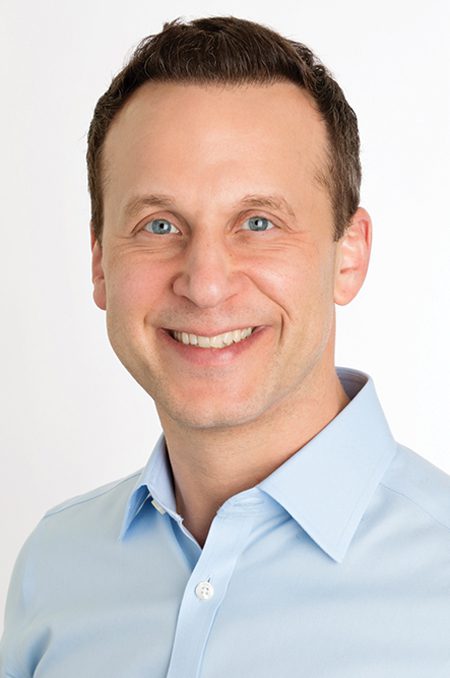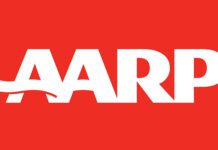

In the 20 years since we first connected with Russ Zack—a story about him and the firm he had launched in Ann Arbor where he attended University of Michigan was published in 1998—it’s clear that his entrepreneurial spirit has not waned.
We reconnected recently as part of Corp! magazine’s 20th anniversary and (thanks to the magic of LinkedIn) found him working as president and chief business officer at Code Ocean, a New York-based startup that has its sights on transforming the way researchers (and research journals) are able to see their findings replicated and (eventually) becoming integral to new products that could very well change the world.
If that sounds ambitious, it is, but probably not surprising given Zack’s background, from his launch of Sigma6, an interactive marketing agency in the automotive industry that was acquired by AppNet (another early tech firm) about a year after the original Corp! article was published.
Zack remained at AppNet for a year before founding DragonFly Mobile, a company that provided network optimization software from its headquarters in Ann Abor.
One thing leads to another and that “one thing” was a move to New York, where Zack co-founded Cauldron Solutions, a firm that built video on-demand software solutions for the cable industry.
His career path lead to Cisco Systems and a stint in the San Francisco Bay area, before Zack joined Kaltura, where he worked as manager of enterprise video before Kaltura sent him to the United Kingdom as general manager of its Europe, Middle East and Africa region.
As sometimes happens, home beckoned in the form of a conversation with a Michigan connection—a former business partner who was working at HelloWorld, the firm founded as E-Prize and still headquartered in Michigan.
Both Zack and his wife, who was pregnant (they now have two kids—5 and 1), were looking at moving stateside and the fit was right.
He spent the next three years at HelloWorld, first as senior vice president of products and solutions, then executive vice president of platforms and solutions.
In May 2018, Zack joined Code Ocean, described as a cloud-based computational reproducibility platform that provides researchers and developers an easy way to share, discover, and run code published in academic journals and conferences. Researchers and scientists can link executable code and data to articles published in academic journals and conference proceedings while retaining copyright. The company assigns Digital Object Identifiers to support citable attribution and partners with publishers to add working code to the research outputs readily available from research articles.
Deep breath.
As Zack explains, the business, which was built for the research community, has two streams, one being the researchers themselves, who have (or had) a problem with showing that their projects could be reproduced in other settings, one of the key enablers to eventually becoming a product.
The other stream is the publishers of various academic journals who have the influence to be able to convince researchers to put not only their published manuscripts, but the code and data related to their findings, on Code Ocean.
The result is a platform that makes it easier for other researchers to replicate the results of the initial work.
Zack, who is originally from Montreal, now lives with his family in Montclair, New Jersey, where he takes the train to Code Ocean’s Manhattan headquarters.







